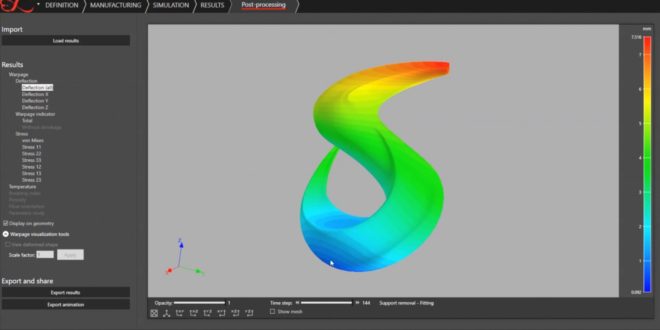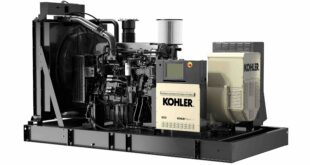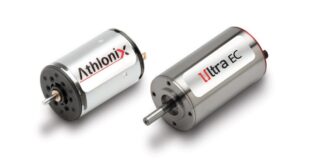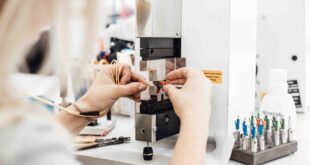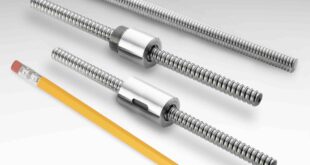Part of the latest edition of Digimat 2018.1, Digimat for Additive Manufacturing will enable designers and engineers to accurately predict warpage and residual stresses of 3D printed KetaSpire PEEK parts as a function of additive manufacturing processes, such as fused filament fabrication (FFF).
With Digimat for Additive Manufacturing, users can further optimise their process and minimise part deformation before 3D printing their parts. Digimat 2018.1 is due for global release this June, but Solvay customers can contact Solvay today to benefit from the new dataset describing KetaSpire PEEK’s material laws.
Thermoplastic polymers
Widely regarded as one of the highest-performing thermoplastic polymers, KetaSpire PEEK AM filament offers superior mechanical strength and chemical resistance for 3D printed parts.
While Solvay’s advanced PEEK polymer was historically limited to conventional processing methods, the newly launched KetaSpire PEEK AM filaments now make this material an option for additive manufacturing applications that demand a higher level of end-part performance.
“[highlight color="blue"]Solvay[/highlight] ’s combination of industry-leading materials, expertise and collaborative innovation enabled us to develop highly accurate predictive modelling data for KetaSpire PEEK AM filaments,” said Roger Assaker, CEO of e-Xstream engineering and chief material strategist for e-Xstream’s parent company, MSC Software. “As a result, Digimat simulation software offers additive manufacturers cutting-edge new material options to push the design boundaries of their 3D-printed parts.”
“KetaSpire PEEK’s inclusion in Digimat represents Solvay’s latest step toward becoming the industry’s leading resource for successfully applying advanced polymers in 3D printing processes,” said Christophe Schramm, business manager for additive manufacturing at Solvay’s Specialty Polymers global business unit.
“Solvay is building on its long-standing partnership with e-Xstream engineering to quickly expand the number of specialty polymers available for simulation on the Digimat platform, and ultimately enable our customers to ‘print it right the first time’ when using Solvay’s high-performing thermoplastics.”
 Engineer News Network The ultimate online news and information resource for today’s engineer
Engineer News Network The ultimate online news and information resource for today’s engineer
